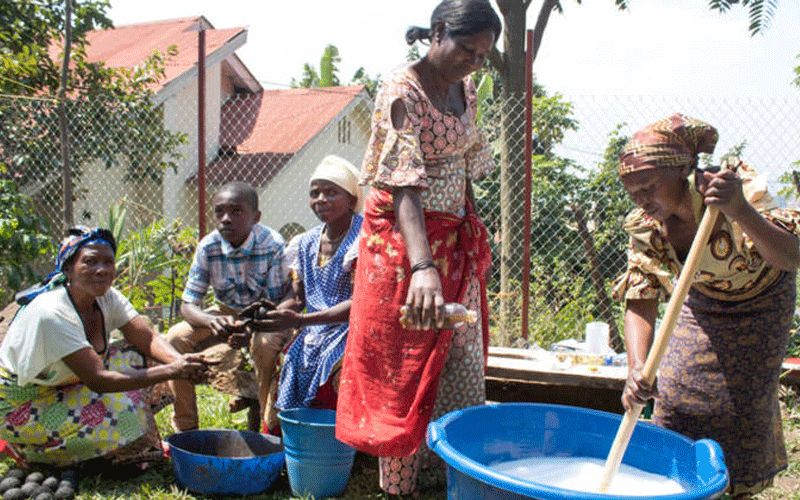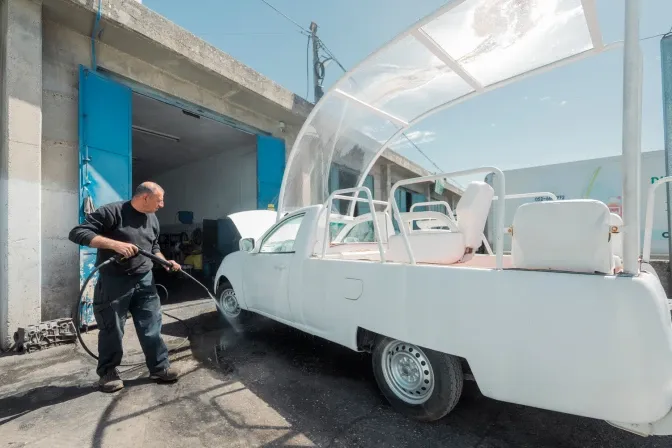“Yes, coronavirus is killing people, but the consequences of coronavirus will even kill more people,” he says.
According to the official who has served in his current position for seven years, COVID-19 has exacerbated the suffering of the Congolese people who were already grappling with various challenges such as violence, displacements and famine.
“This country has been a country with turmoil and a lot of rebel movements and that has caused a lot of displacement for many years,” CAFOD Director in DRC says and indicates that violence in the Central African nation has led to the displacement of at least five million people in the East of the country where locals “can't do their daily shop; they can’t go to their farms without risking rape or other violence.”
“Our heart goes to those who are very, very vulnerable in displacement camps at this particular point. Those who are in host families. How about the displaced family that are in Beni right now?” he says and probes in the August 13 report.
Besides the violence and displacement, Mr. Balibuno says, “we’ve had famine, natural catastrophes, environmental issues and fighting between tribes. So, all over the country there are a lot of problems, and that is causing the lives of normal Congolese to become even harder.”
With the coming of COVID-19, Mr. Balibuno who is a Congolese says, “we are living in a very different world again right now, where the government has been locking down some areas, closing schools, closing travel.”
There has been some resistance to the initiatives towards preventing the spread of COVID-19 from local communities, the CAFOD official says, a challenge that the international humanitarian agency faced while combating the Ebola outbreak in the country.
“But the good news is that the Church has been involved. Our goal and our objective as an organization has been to ensure that faith organizations are involved very early on. The Church is sensitizing people to coronavirus, helping alongside the government,” the 50-year-old CAFOD official says.
He adds in reference to how local communities relate with Church leaders, “They trust them as their faith leaders. The faith leaders use the language people in that particular community understand and they know. This turned everything around.”
Amid the various challenges, the leadership of the London-based aid agency is offering humanitarian relief as well as supporting COVID-19 sensitization efforts in the country, which is Sub-Saharan Africa’s largest nation.








